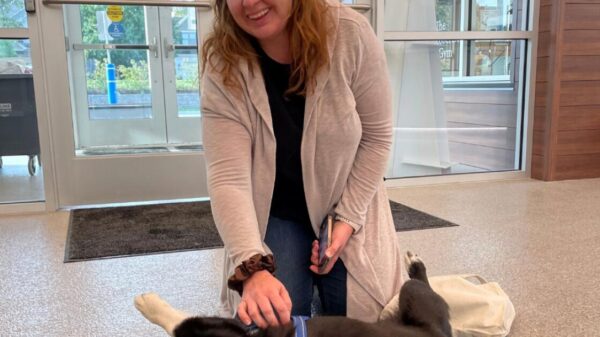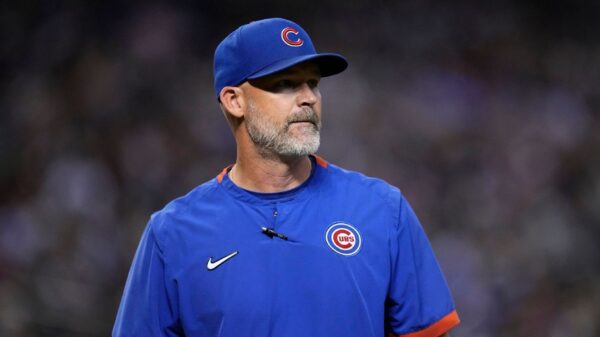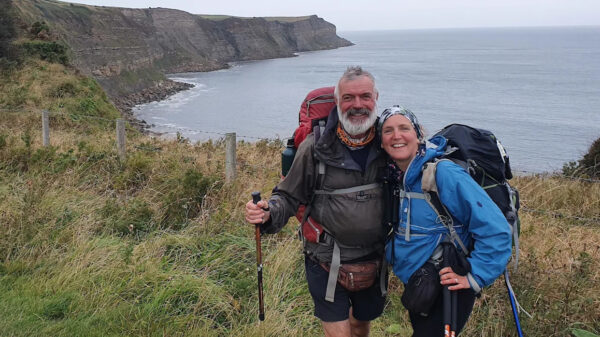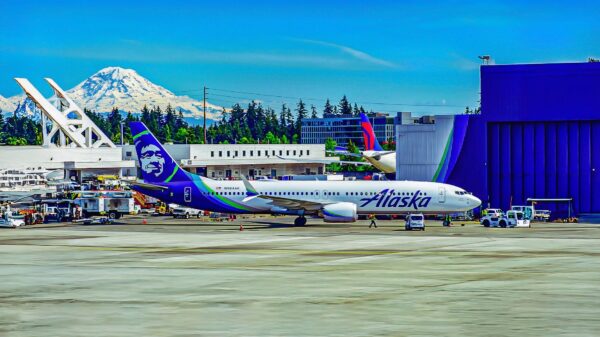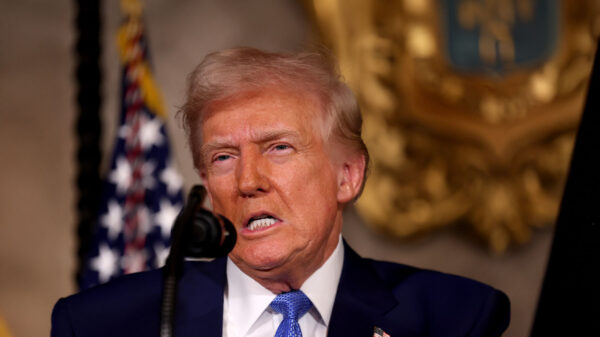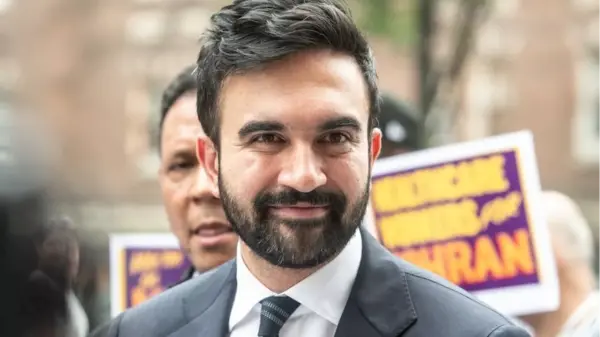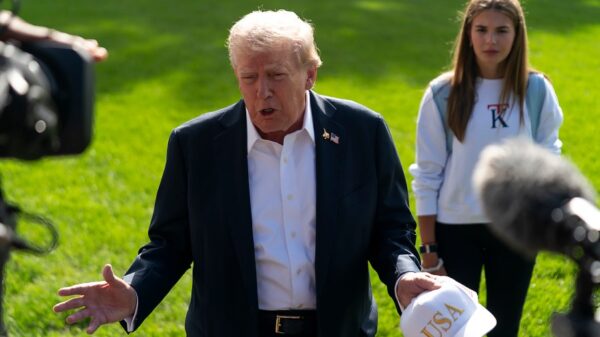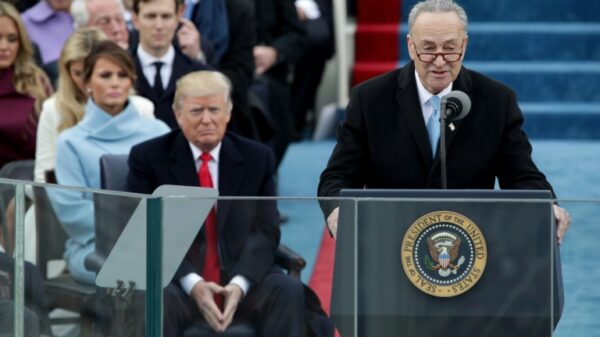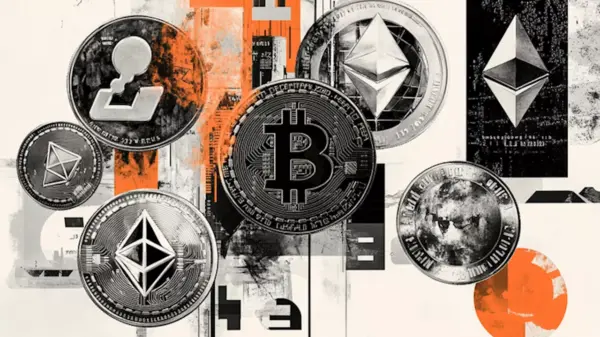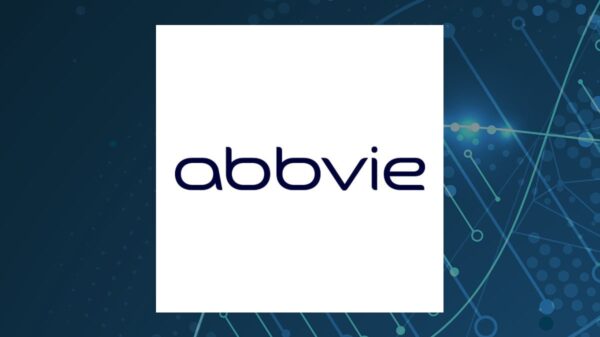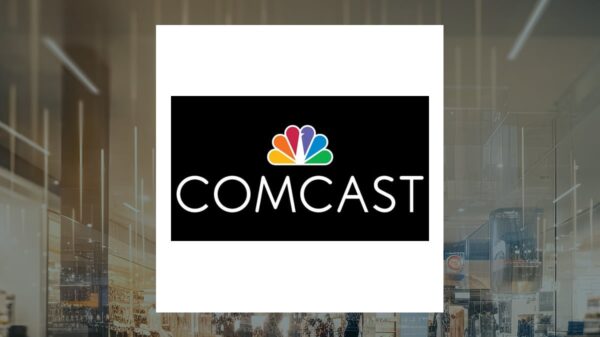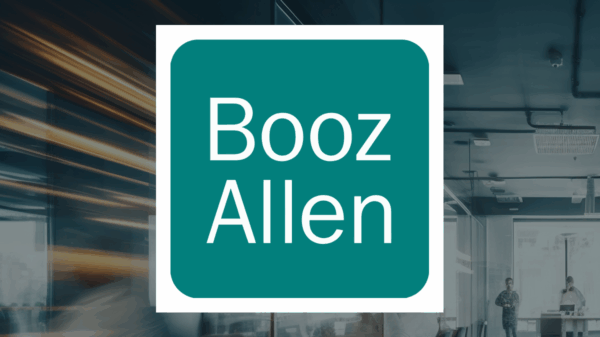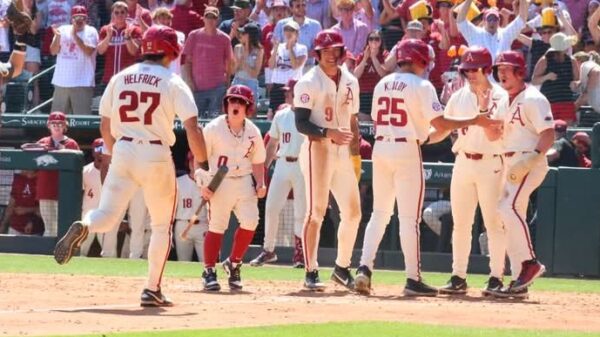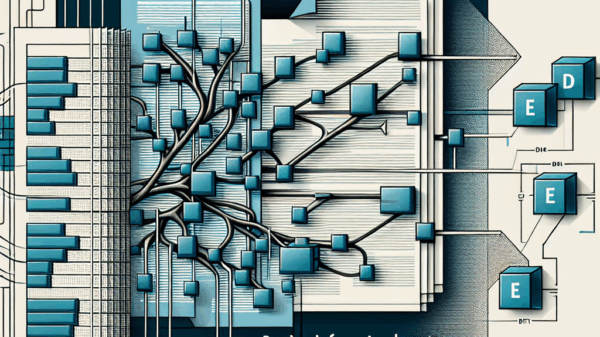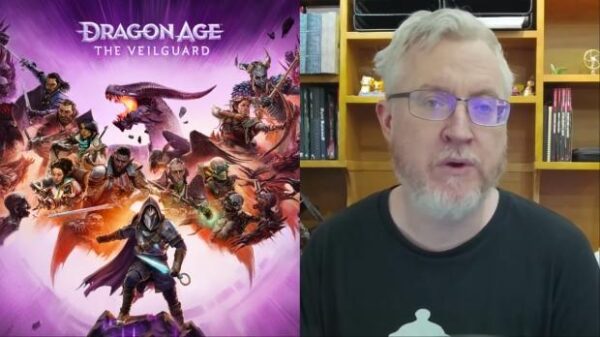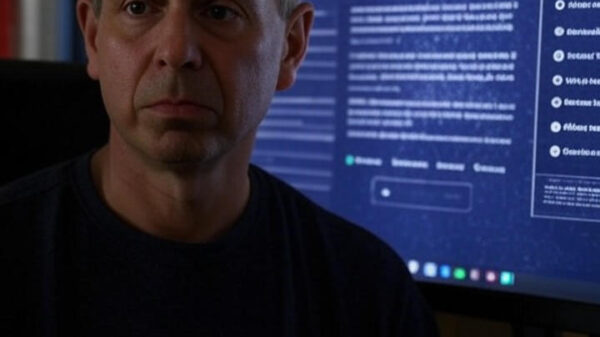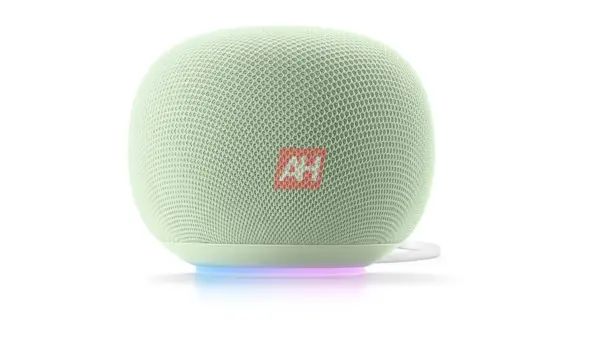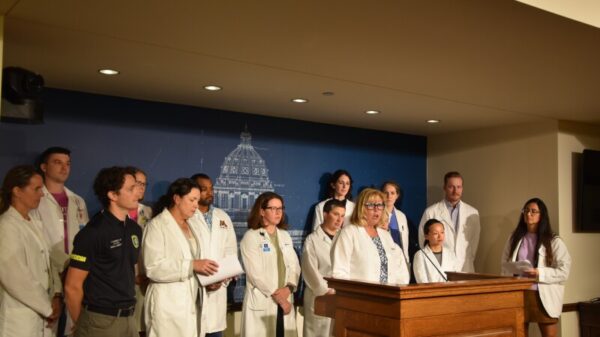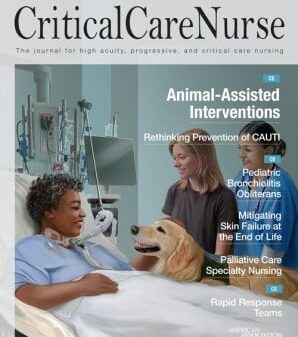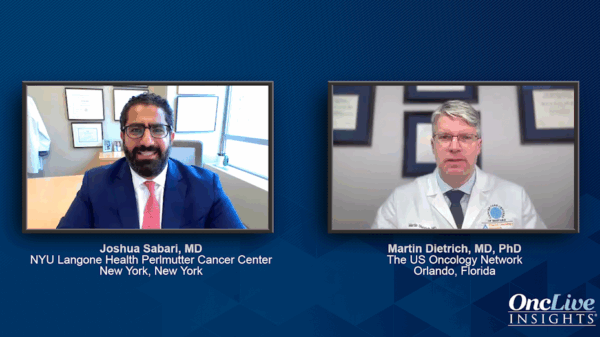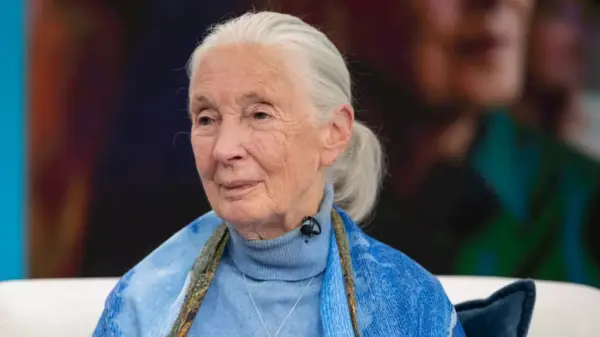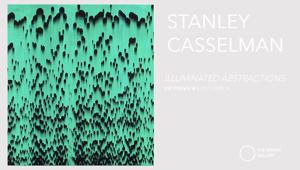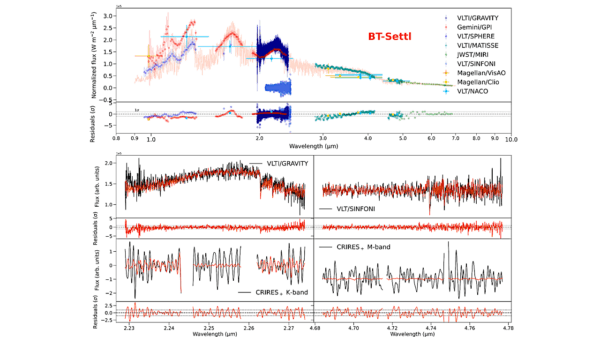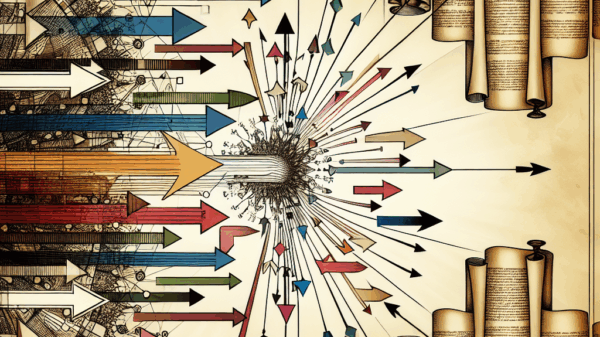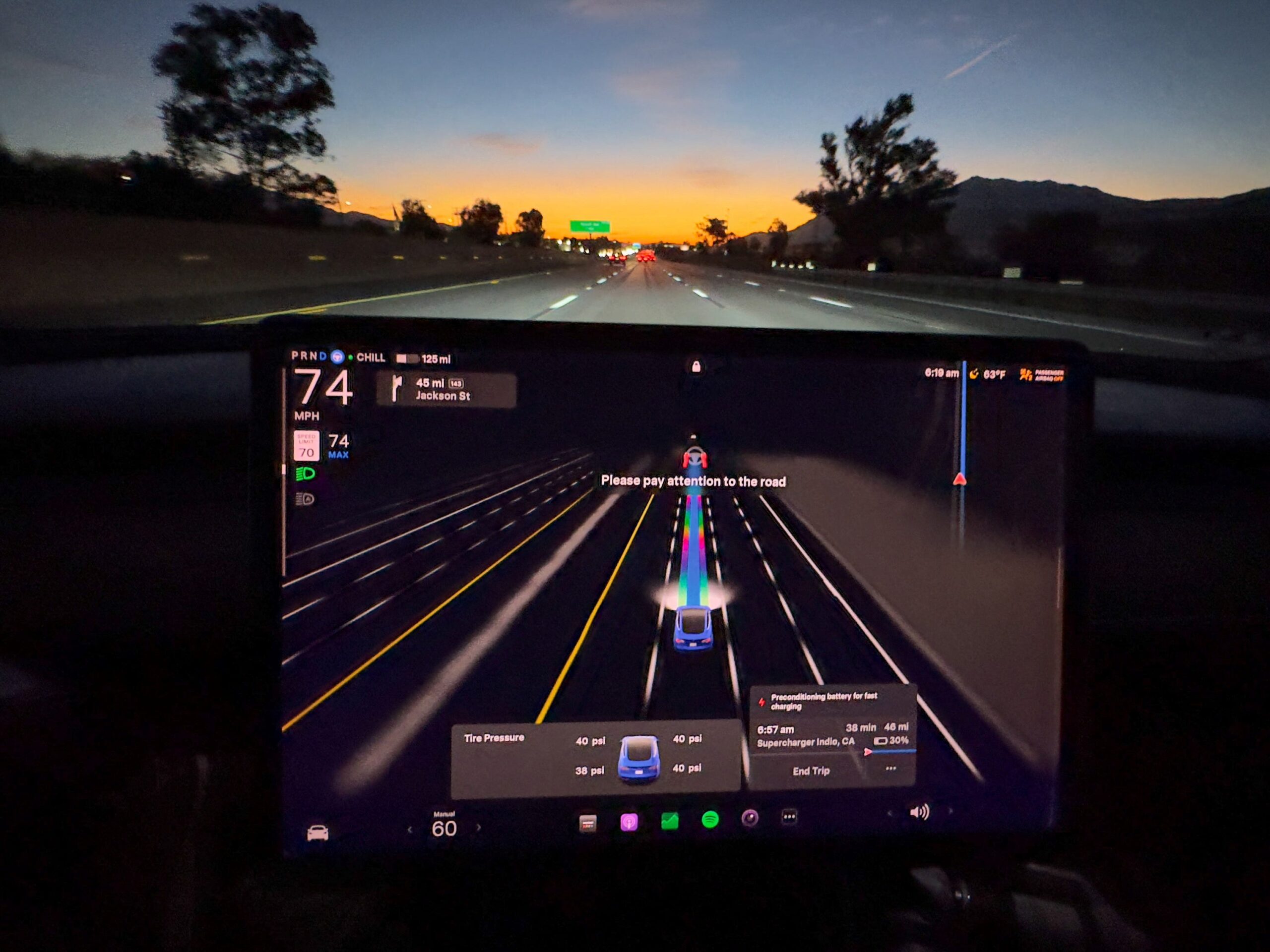Tesla’s ability to sell cars in California is under serious threat following a weeklong court hearing concerning allegations of misleading advertising related to its “Full Self-Driving” technology. The California Department of Motor Vehicles (DMV) has initiated a lawsuit against Tesla, claiming the company falsely represented its driver assistance technologies, particularly “Full Self-Driving” and “Autopilot,” which led consumers to believe that these vehicles could operate autonomously.
The DMV is seeking to suspend Tesla’s license to manufacture and sell vehicles in California for at least 30 days. The hearing concluded on Friday without a final ruling, leaving the future of Tesla’s sales in the state uncertain. The DMV’s complaint underscores that Tesla’s advertising from 2021 and 2022 misled consumers into believing they could conduct trips without any input from the driver. An excerpt from Tesla’s website claimed, “From Home – All you will need to do is get in and tell your car where to go.”
Legal Challenges Intensify for Tesla
The current legal scrutiny comes at a challenging time for Tesla, as its sales have declined during the first half of 2025. The company’s reputation faced additional pressure earlier this year when CEO Elon Musk became a focal point during protests directed at Tesla dealerships nationwide. These demonstrations were fueled by growing concerns over the safety and reliability of its driver assistance features.
During the hearings, attorney Matthew Benedetto, representing Tesla, asserted that the company has never concealed the limitations of its vehicles. “Cars with Full Self-Driving capabilities are currently not capable of driving themselves,” he stated during cross-examination of a DMV witness. Benedetto emphasized that buyers have always been informed they “cannot fully rely” on the FSD or Autopilot systems.
The DMV’s representative, Ailene Short, highlighted the discrepancy between Tesla’s marketing and the actual capabilities of its vehicles. She noted that the term “Autopilot” is misleading when paired with disclaimers that instruct drivers to remain attentive and ready to take control at any moment.
Expert Opinions and Ongoing Investigations
Legal expert Eric Goldman from Santa Clara University described the DMV’s lawsuit as “very high-stakes” for Tesla. He pointed out that even if Tesla prevails in this case, it will still face scrutiny regarding similar claims in other jurisdictions. The company is currently grappling with various legal challenges, including a wrongful death lawsuit in Florida. This case involves a driver using Autopilot who, after briefly looking away, crashed into a parked SUV, resulting in the death of a 22-year-old woman. Tesla contends that the driver bears responsibility for the incident.
In addition to these challenges, Tesla faces a class-action lawsuit and an ongoing investigation by the National Highway Traffic Safety Administration related to incidents of “phantom braking,” where vehicles unexpectedly brake without cause, often at high speeds.
As the situation develops, the implications for Tesla’s operations in California and beyond remain to be seen. The outcome of this case could significantly impact consumer trust and the company’s standing in the rapidly evolving automotive market.




